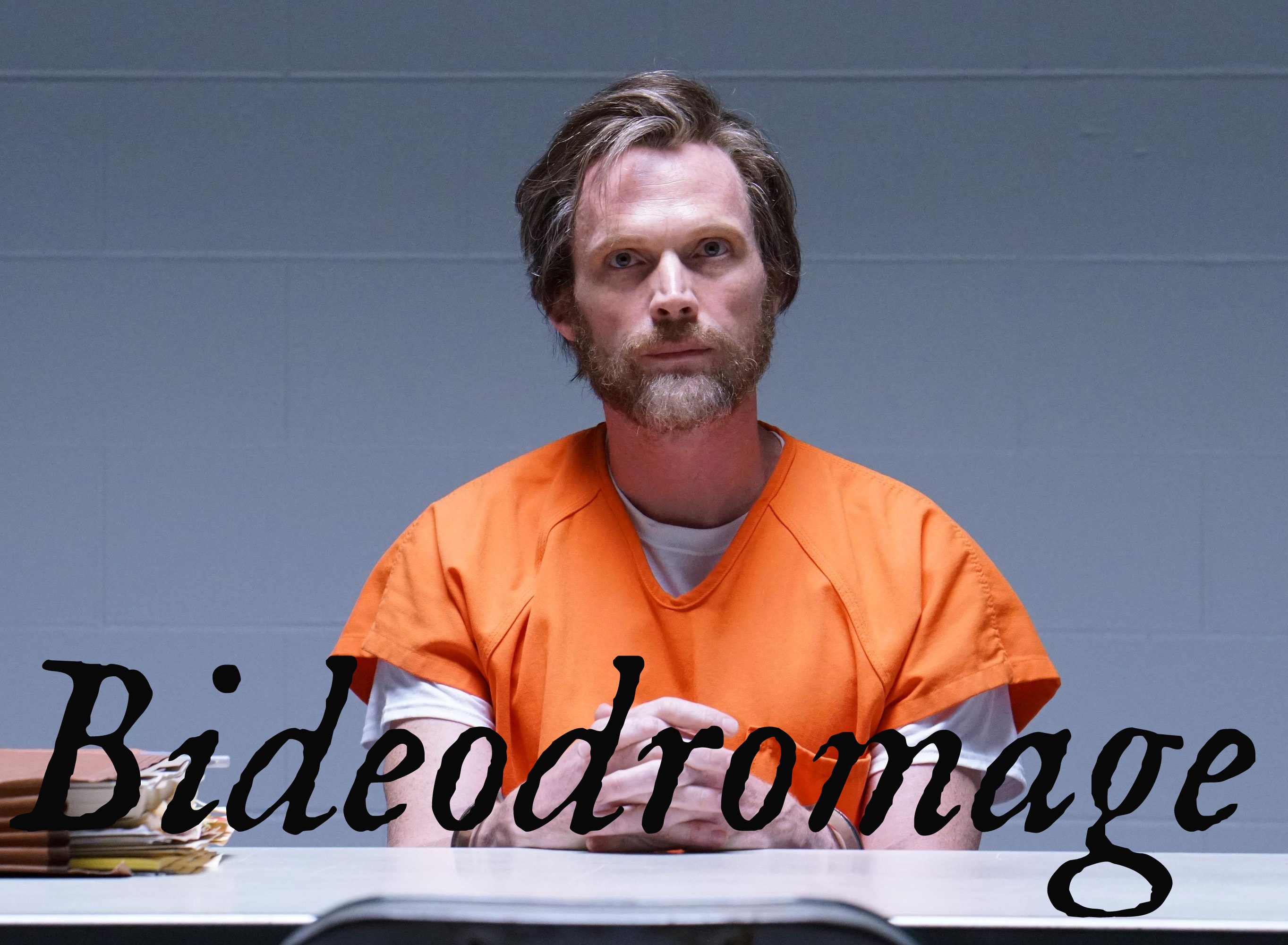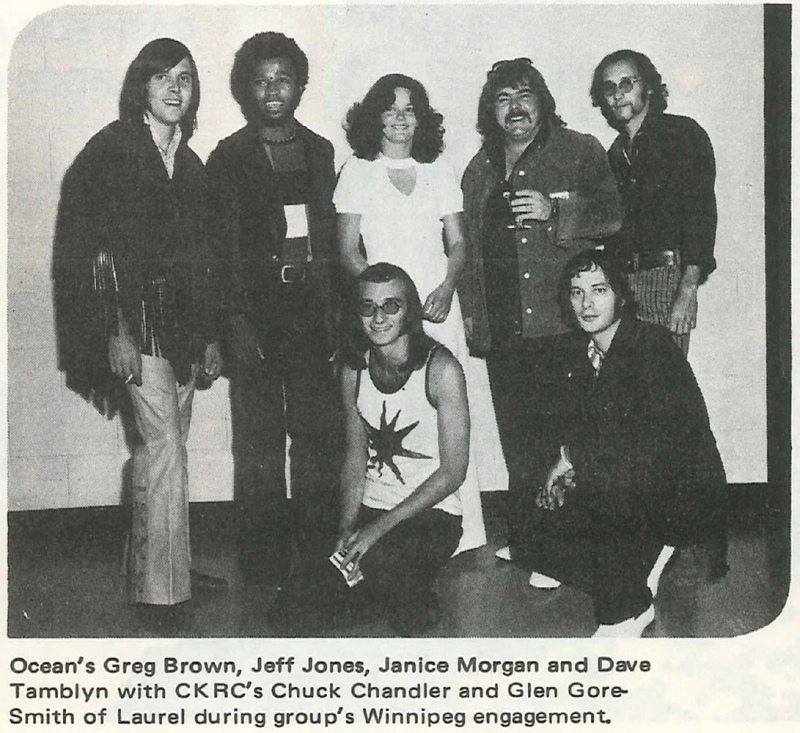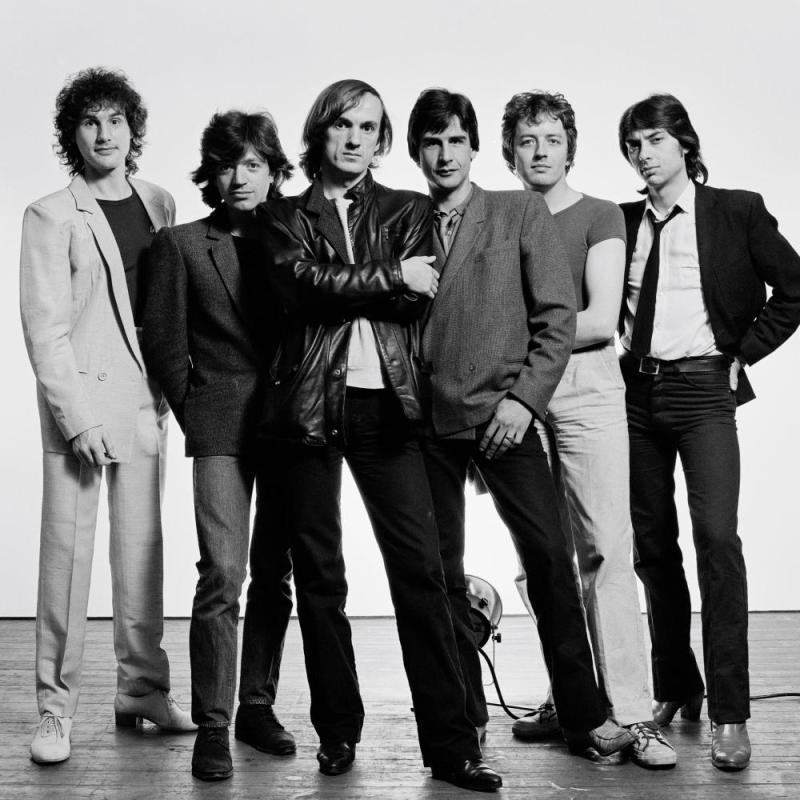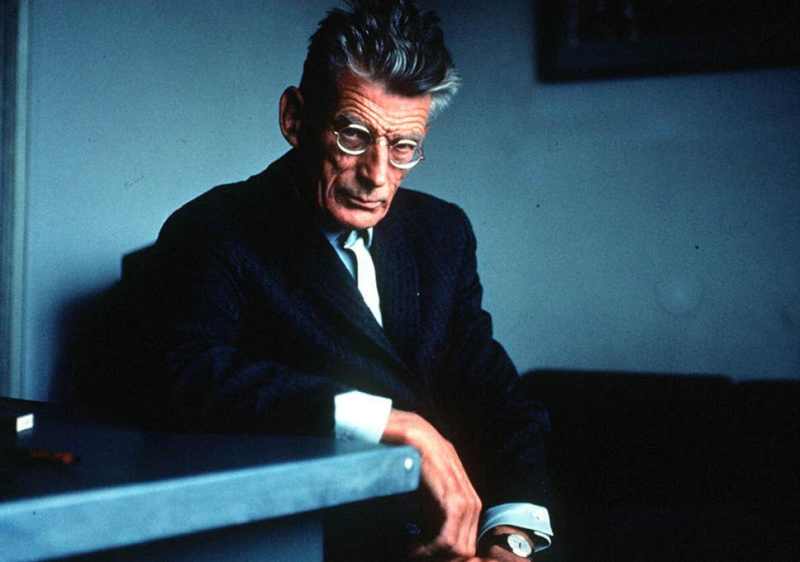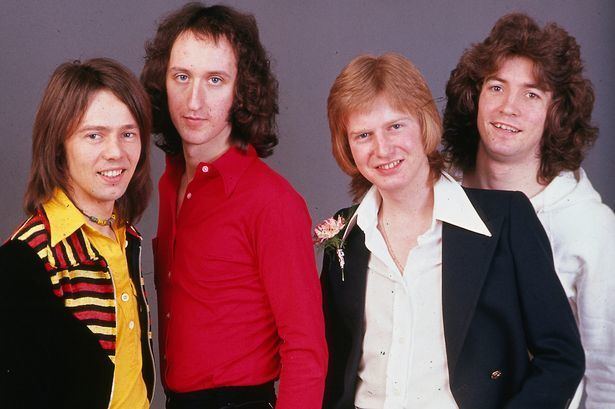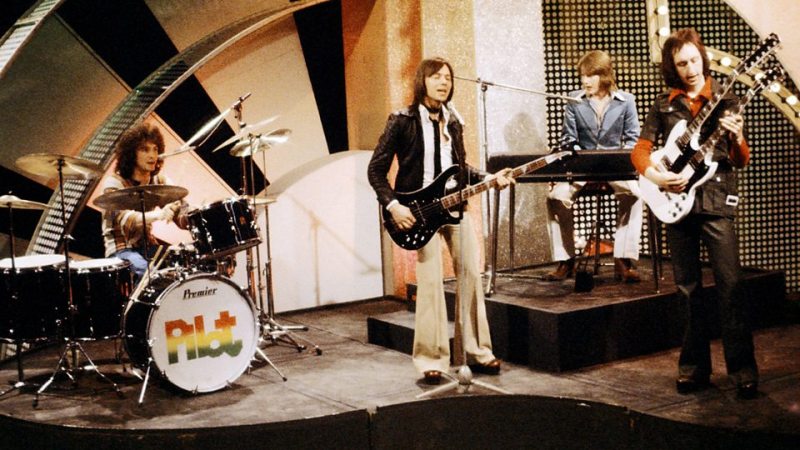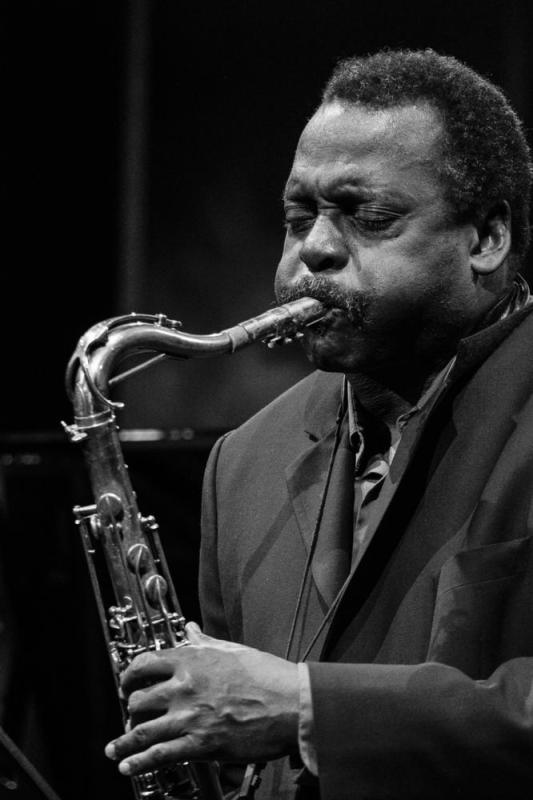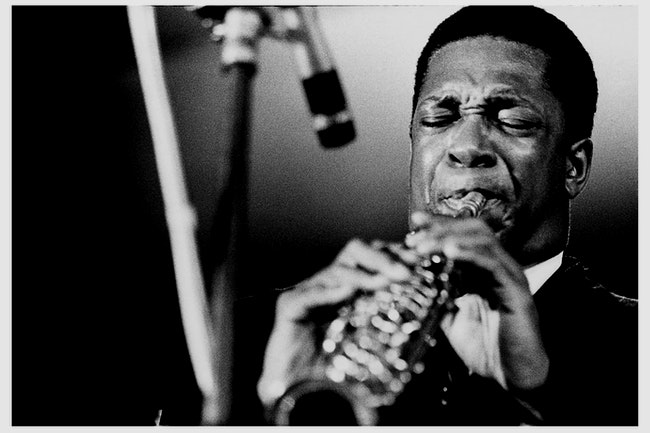So the sad tale a last time told they sat on as though turned to stone. Through the single window dawn shed no light. From the street no sound of reawakening. Or was it that buried in who knows what thoughts they paid no heed? To light of day. To sound of reawakening. What thoughts who knows.
Thoughts, no, not thoughts. Profounds of mind. Of mindlessness. Whither no light can reach. No sound. So sat on as though turned no stone. The sad tale a last time told.
Pause.
Nothing is left to tell.
—from Ohio Impromptu.
Where was I? The change. In what did it consist. It is hard to say. Something slipped. There I was, warm and bright smoking my tobacco-pipe, watching the warm bright wall, when suddenly somewhere some little thing slipped, some little tiny thing. Millions of little things moving all together out of their old place, into a new one nearby, and furtively, as though it was forbidden. It was the same sun, and the same wall, but so changed that I felt I had been transported, without my having remarked it, to some quite different yard, and to some quite different season, in an unfamiliar country.
But in what did the change consist? What was changed, and how? What was changed, if my information is correct, was the sentiment that a change, other than a change of degree, had taken place. What was changed was existence off the ladder.
This I am happy to inform you is the reversed metamorphosis. The Laurel into Daphne. The old thing where it always was, back again.
—from Watt.
But he had hardly felt the absurdity of those things, on the one hand, and the necessity of those others, on the other (for it is rare that the feeling of absurdity is not followed by the feeling of necessity), when he felt the the absurdity of those things of which he had just felt the necessity (for it is rare that the feeling of necessity is not followed by the feeling of absurdity).
—from Watt.
But Watt heard nothing of this, because of other voices singing, crying, stating, murmuring, things unintelligible, in his ear. With these if he was not familiar, he was not unfamiliar either. So he was not alarmed, unduly. Now these voices, sometimes they sang only, and sometimes they cried only, and sometimes they stated only, and sometimes they murmured only, and sometimes they sang and cried, and sometimes they sang and stated, and sometimes they sang and murmured and sometimes they cried and stated and sometimes they cried and murmured, and sometimes they stated and murmured, and sometimes they sang and cried and stated, and sometimes they sang and cried and murmured, and sometimes they cried and stated and murmured, and sometimes they sang and cried and stated and murmured, all together, at the same time, as now, to mention only these four kinds of voices, for there were others. And sometimes Watt understood all, and sometimes he understood much, and sometimes he understood little, and sometimes he understood nothing, as now.
—from Watt.

